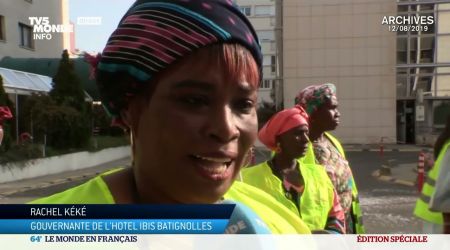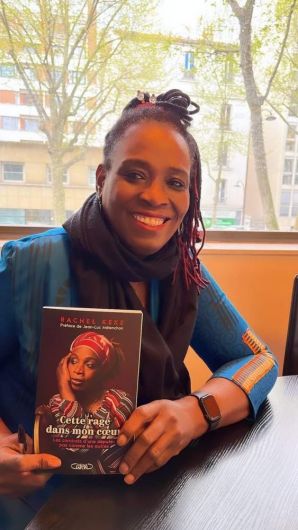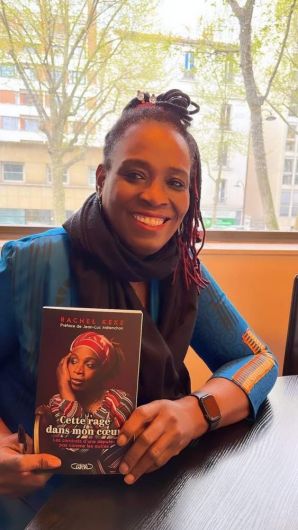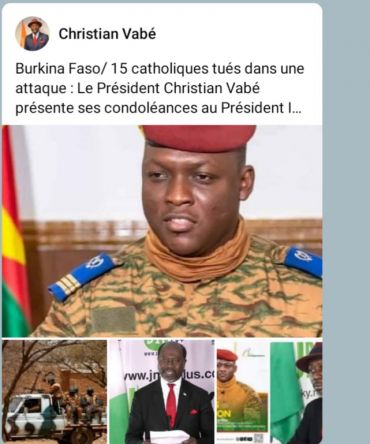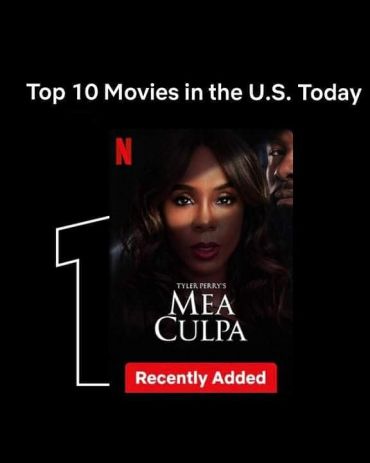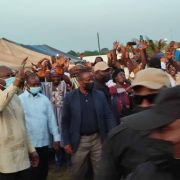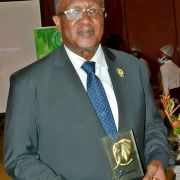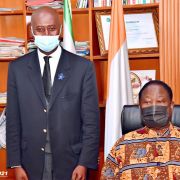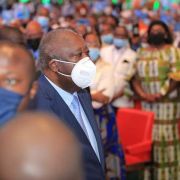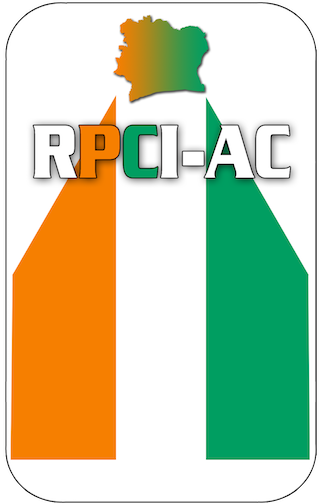Africa: "Spotlight on elections in the third world in the new millenium"
Le 20 mai 2011 par IvoireBusiness - Elections in the third world particularly in french Africa have generally taken the form of plebiscites held by the so-called African leaders close to the
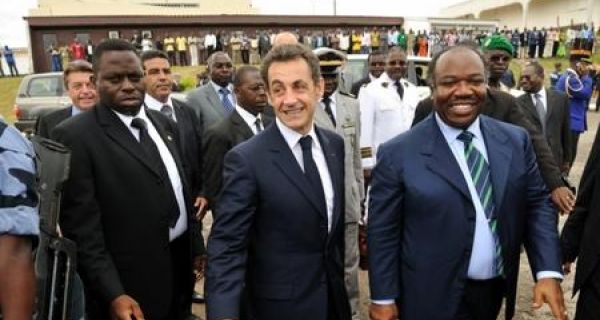
Le 20 mai 2011 par IvoireBusiness - Elections in the third world particularly in french Africa have generally taken the form of plebiscites held by the so-called African leaders close to the
neocolonial French power to confirm their own rule on a remote control network called "FrançAfrique"! Let's take the relevant example of president "FaureYassingbé Eyadema" elected with massive frauds,(like father like son),also president "Bongo's son" in "Gabon" grounded in a new type of African political dynasty. In "the Ivory Coast", as far as "Alassane Ouattara" is concerned, to some extent, he is also a new remote control of neocolonial French power in West Africa. Meanwhile, the French African countries are still today under the French neocolonial stooges against their will. The real question is, when it will end and fosters the emancipation of French African countries in the new millennium. As long as French African countries are in a deep slumber, they can't emancipate themselves from mental neocolonial slavery. On the other hand, only recently early 1990s considered as the international wind of democracy in the third world, have elections offering a genuine choice between parties and policies became more widespread, especially in some parts of Africa! But the main question about elections in the third world as a whole must remain: Why were parties and policies competitive so rare and for so long? The answer lay in the limited extent of political competitive development elections about policy and flesh added to the skeleton of a flesh. In the third world national government is still weak and the masses remain oriented towards local rather than national politics. As a matter of fact, elites regard the state as a profitable mine to be exploited and have little interest in competitive elections which might endanger their grip of the state's resources. Thus, the state lacks the strength to sustain competitive elections .Moreover; some African elites drive elections because they feel their position may be strengthened if they can tell the international community that they are an elected government! This is one reason why reasonably free elections became more common in Africa in the end of 1980s.Meanwhile, western organisations and countries made their economic aid more conditional on the political performance of the recipient's regime: In 1990, former French president the late "François Mitterrand" made the French economic aid conditional on the democracy values of French African countries. But today, the contrast still lay in the crucial reality that some African countries such as "Ivory Coast", "Gabon", "Togo" are going back to neo-colonialism rule, because elections in these countries are grounded in massive frauds closely with the conspiracy of the so-called international community led by the French neocolonial political power. When it will end? Nobody knows tomorrow. Wait and see!
Yves T Bouazo

